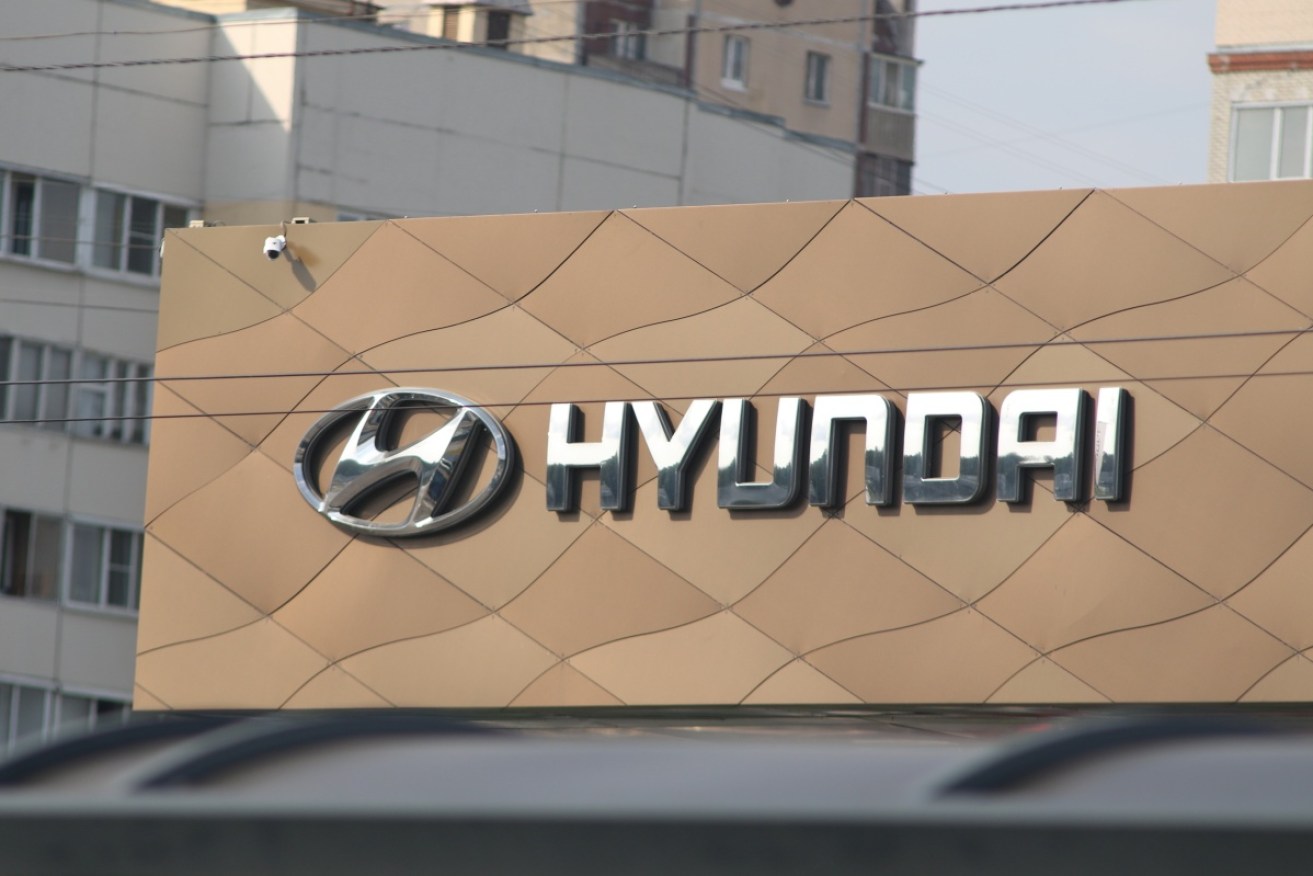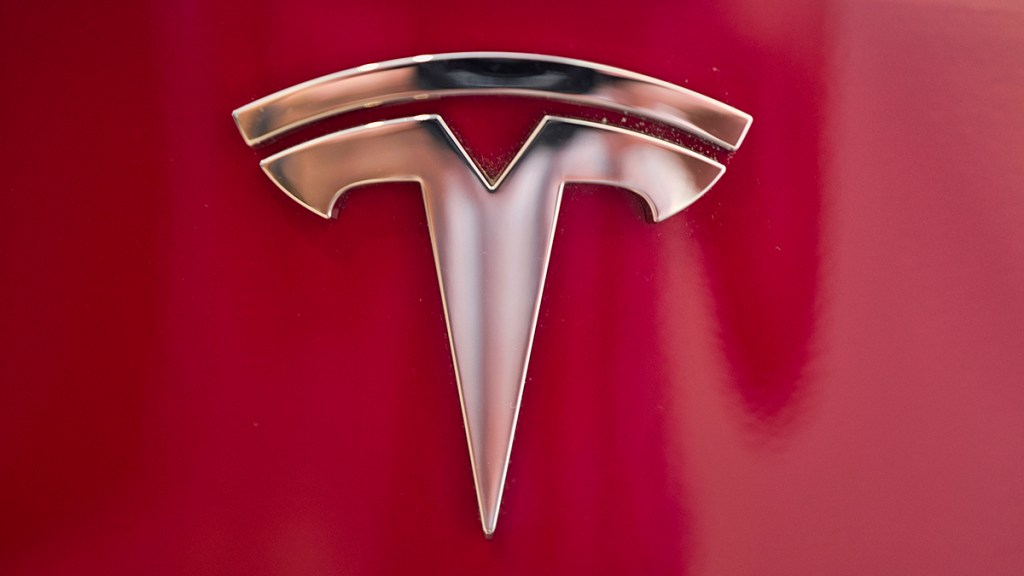Extract from The New Daily

Hyundai is going all in on hydrogen-powered cars, following trials of the vehicles in Australia, as it aims to be carbon neutral by 2050 and find new avenues of commercial revenue.
During a presentation in Las Vegas on Monday, the South Korean automotive giant announced that hydrogen energy “will play a prominent role in achieving those objectives”.
Jay Chang, CEO of Hyundai Motor Company, said in a statement Hyundai believes science and humanity are two sides of the same coin.
“Advanced technology should also make people’s lives better,” he said.
“Clean hydrogen should be for everyone, powering everything, and available everywhere.”
The company said it will continue to find ways to add to passenger cars, trucks and buses to include “trams, special equipment, vessels, power generators and advanced air mobility”, powered by hydrogen.
Hyundai has previously touted that hydrogen as a fuel source makes more sense for SUVs, utes and long-distance travel than electric vehicles because of range and power.
Clean hydrogen
A major part of the Las Vegas presentation included the commercialisation of ‘green hydrogen’ as both a source of income and a way to reach zero carbon emissions.
Traditionally, the fuel source has been created using fossil fuels, but using renewable energy significantly reduces greenhouse gas emissions during production.
It is created by splitting water using a process called electrolysis, producing only hydrogen and oxygen.
According to the Department of Climate Change, Energy, the Environment and Water, there is $127 billion of announced hydrogen investment in Australia.
The ACT government acquired 20 Hyundai Nexo vehicles for its fleet, which uses a hybrid hydrogen-electric fuel cell, and Australia’s first public hydrogen station was opened in March 2021.
Hyundai, which sells about 70,000 cars each year in Australia, has also signed an agreement with Toyota, Ampol and Pacific Energy to expand upon their hydrogen car trials in Australia, with both Toyota and Hyundai having about 50 on the road.
The future
Hyundai said it has the world’s largest market share in hydrogen-powered vehicles and is “at the forefront of the hydrogen momentum,” but one of the biggest issues facing the adoption of the technology is being able to publicly charge vehicles.
Electric vehicles took years to overcome this hurdle, but expansive networks have cropped up over Australia.
One part of the agreement made last year was to explore the introduction of a network, but it offered little detail on how exactly this would be done.
Another challenge for its adoption is that storing hydrogen is a challenge because the amount of energy generated is relatively low when compared to fossil fuels and electricity.
Other car manufacturers have lent heavily into electric vehicles as the future of low-carbon travel, slowly chipping away at Tesla’s market dominance as the first mover.
But Hyundai is hoping that investment into a different source of cleaner energy will make sense economically and ethically.

Other companies are chipping away at Tesla’s market dominance, but it appears Hyundai is taking a different route. Photo: AP
“We measure progress with the real and positive impact,” said Jose Munoz, president and global COO of Hyundai Motor Company.
“The challenging spirit embedded in the DNA of our 56-year history will continue through the hydrogen and software transformations we’ve unveiled today.”
The company also flagged that it isn’t the only advocate of clean hydrogen, with both the United States publishing a strategy and road map “for accelerating the production, processing, delivery, storage and use of clean hydrogen” and COP28 delegates launching “a suite of flagship initiatives to accelerate the commercialisation of hydrogen to transition away from fossil fuels”.
No comments:
Post a Comment